Leigh Matthews was a 21-year-old student at Bond South Africa University, pursuing a BCom finance degree. Her friends affectionately described her as “old-fashioned,” often teasing that she would blush at the smallest things. She was the daughter of Rob Matthews, the Managing Director of the IT firm First Technology, and Sharon Matthews. Rob was a well-known businessman who had played a significant role in turning around the JSE-listed IT supply group, Siltek, in 1999. He left Siltek about a year later to join First Technology, one of the largest independent IT companies in South Africa.1
On July 9, 2004, Leigh drove to Bond University to attend her classes. She had just celebrated her 21st birthday the day before with her family and a few friends at a restaurant in Cyrildene. They enjoyed a shared meal, and the entire restaurant sang happy birthday to Leigh, making her blush brightly. The celebration continued at the Matthews’ house with tea and chocolate cake. Leigh was looking forward to her birthday bash the following night at the Wits Club, for which she had bought a purple dress.
After class on July 9th, Leigh drew a map for two friends, showing them the location of the Wits Club. They said their goodbyes, and Leigh headed towards the university’s parking area. However, it appears she never made it back to her car.
Around midday, Leigh’s father received a phone call from her phone. It wasn’t Leigh on the line but a man claiming to have abducted her. He instructed Rob not to contact the police and to drop off a substantial ransom south of Johannesburg. The caller sounded professional, claiming to have done this before without getting caught. He identified himself as Libyan, spoke with a slight accent, and threatened to kill Leigh if his demands were not met.2
After speaking with the kidnapper, Leigh was briefly put on the phone to confirm her abduction. Rob and Sharon assured the kidnapper they would comply with his demands. After hanging up, they drove to the university to search for Leigh’s car, but it was nowhere to be found. That evening, at 8:30 PM, they dropped off 50,000 South African Rand as instructed. The kidnapper had promised that upon receiving the money, he would release Leigh at a public place and have her call her parents. As hours passed without a call, Rob and Sharon grew increasingly worried, repeatedly calling Leigh’s phone only to reach voicemail each time.
By the next morning, the family reported the kidnapping to the police. The first week passed without any new information on Leigh’s whereabouts, leaving her parents desperate. They spent countless hours searching the streets for their daughter and even consulted a clairvoyant, who led police to an area outside Johannesburg but then claimed she could provide no further details. The kidnapping garnered significant media attention, sparking fears within the community that it might inspire similar crimes.
Superintendent Ernst Strydom, head of the SAPS Hostage Negotiating Team, noted that kidnappings for ransom were not uncommon in South Africa, estimating they occurred about once a month. Mark Courtney, a senior agent in Africa for global security specialists Clayton Consultants, described kidnappings in South Africa as a business-like industry, with perpetrators seeking quick turnovers for relatively low ransom amounts. Many wealthy parents in South Africa had received training on handling kidnappings and were covered by ransom insurance. Although the exact number of South Africans with kidnap insurance is undisclosed for safety reasons, it is believed to be substantial.3
The family clung to hope that Leigh would be returned unharmed, considering the possibility of a second ransom request. However, on July 21, twelve days after the kidnapping, they received devastating news. At around 3:30 PM, a municipal worker cutting grass near the Grasmere toll plaza in Walkerville, just south of Johannesburg, discovered Leigh’s body. The Grasmere toll plaza was notorious for criminal activity, lacking street lights and large buildings, making it a dark and eerie place at night. Earlier that year, a woman and her niece were raped and her husband shot by hijackers near the plaza, and another couple had been robbed by a gang who placed rocks on the road to stop traffic. Fourteen years prior, a woman abducted in Pretoria was murdered and dumped in the same area.4
Leigh had been shot three times. Although her body was found nude, there was no evidence of sexual assault or torture. It was estimated that Leigh had been killed four or five days earlier, about a week after the ransom was paid. Rob Matthews spoke to the media, saying, “We are devastated by the news. All we want to do now is go back together with my wife and other daughter and get our lives back together.” The nation mourned with Leigh’s devastated family, having closely followed the case and collectively hoped for her safe return.5
The area where Leigh’s body was found was immediately cordoned off, with more than 50 officers and forensic experts called to the scene. They combed a vast stretch of land in the Walkerville Manor area, searching for clues related to the abduction and murder. Detective Inspector Gabriel Hall asked the public to look out for a ring Leigh was wearing when she vanished. It was a thin white gold band with a light blue tanzanite stone and three small diamonds arranged in a triangle on either side of the stone.6
As the month came to an end without any significant developments, detectives disclosed more details about Leigh’s murder. They revealed that her killer or killers had placed her body on ice for several days, staging the scene of her murder in a sophisticated effort to mislead the investigation. Various parts of Leigh’s body had decomposed at different rates, and the areas that hadn’t decomposed were consistent with parts that would have been in contact with ice in a large container.7
There were no further updates until early October, when it was announced that a man had been arrested. He was identified as 24-year-old Donovan Moodley, a student at the same university as Leigh.

This arrest led to more information being released about the case and the investigation. Contrary to initial reports that Rob and Sharon had not contacted the police until the kidnapper failed to return Leigh within 24 hours, it was revealed that they had indeed contacted the authorities earlier. In fact, a police officer had been hiding in Rob’s car as he drove to meet the kidnapper. However, moments before the ransom was paid, the rendezvous location was abruptly changed by the kidnapper. Fearing the risk of the officer being seen was too great, he got out of the car. Ultimately, Rob drove alone to the new location and handed the ransom money to a man who knocked on his car window.8
In July of the following year, Donovan Moodley pleaded guilty to three charges related to Leigh’s murder just before the case was set to go to trial. The trial had been scheduled to last six to eight weeks, with dozens of witnesses lined up to testify. Appearing in the Johannesburg High Court, Donovan’s advocate read out a chilling statement detailing the abduction and murder of Leigh. Donovan admitted he killed Leigh because he couldn’t think of a way to release her without being identified later. He confessed that he had spent over a week planning to abduct a student from Bond University, believing that most students there came from wealthy families who would likely pay his ransom demand. Leigh was simply in the wrong place at the wrong time.9
Donovan himself came from a good home, being the son of a Baptist minister, and was motivated purely by greed. He explained that he approached Leigh in the university parking lot, asked her for a lift, then pulled out a gun and forced her to lie on the floor of the car while he drove to a park. There, he tied her up, gagged her with tape, and blindfolded her with a balaclava before transferring her to the trunk of his own car. He initially demanded a ransom of 300,000 South African Rands, but Leigh’s family could only gather 50,000 South African Rand.
After the money was delivered, Donovan claimed he was afraid of roadblocks and felt he couldn’t release Leigh without being caught, so he decided to kill her. He ordered Leigh to strip naked before shooting her in the back of the head, then shot her three more times to ensure she was dead. He used hollow-point bullets, which are designed to cause maximum damage by exploding upon impact. After the murder, Donovan carried on as if nothing had happened. He bought an engagement ring, proposed to his girlfriend, and participated in a volleyball tournament. During his confession, he acknowledged, “The crimes I have committed are heinous. As a result of my actions, the deceased was subjected to the most terrible fear.”10
However, Prosecutor Zaais van Zyl pointed out inconsistencies in Donovan’s confession. While Donovan claimed he shot Leigh at the scene where her body was found, the prosecution argued this was untrue, asserting that her body had been kept in a fridge or freezer for 12 days before being dumped. The prosecution also considered the possibility that Donovan had an accomplice, despite his claim that he committed every aspect of the crime on his own.11
Donovan showed no semblance of emotion throughout the proceedings. That was, at least, until how own father, Stephen, was called to the witness stand. Donovan’s father said that he had felt immense pride when his son was promoted at work but that pride had since turned to shame over the actions of his son. He said that his son had committed an atrocious deed and did not deserve forgiveness. He said that he and his wife had believed that when the abduction and murder had been taking place, that Donovan was away on a biking trip. He added; “Donovan never gave any indication that he needed money.” Stephen expressed their sympathy for Leigh’s family and said that they felt ashamed that they had been associated with such a horrific crime, stating: “We assume responsibility as well because he is our son and will always remain our son. We can never ease the pain. I pray that the Matthews family will forgive my son. They are the only ones who can.”
Ultimately, the judge would sentence Donovan to life imprisonment for the murder of Leigh, which is essentially 25 years. He also was ordered to serve another 15 years for the kidnapping which would run concurrently with 10 years for extorting money from Leigh’s family. In handing down the sentence, the judge said: “The crimes were callous, heinous, and beyond comprehension… He has ruined his own life and has devastated the lives of his own family and that of the Matthews family.”
Footnotes:
- Sunday Times, 11 July, 2004 – “MD’s Daughter in Kidnap Drama”
- Sunday Times, 18 July, 2004 – “Hope to Leigh Refuses to Die”
- Sunday Times, 18 July, 2004 – “Rich Parents go for Anti-Kidnap Training”
- The Herald, 22 July, 2004 – “Family’s Anguish Over Leigh”
- The Herald, 26 July, 2004 – “Leigh Matthews Murder Probe Takes Course”
- The Herald, 2 August, 2004 – “Leigh Died Because of Ransom”
- Sunday Times, 22 August, 2004 – “Killers Froze Body of Leigh Matthews”
- The Herald, 27 July, 2005 – “A Callous Disregard for Life”
- Sunday Times, 10 October, 2004 – “Ransom Bust was Aborted”
- The Herald, 29 July, 2005 – “Tears in Matthews Trial”
- Weekend Post, 30 July, 2005 – “Will the Tragic Truth Ever be Revealed?”
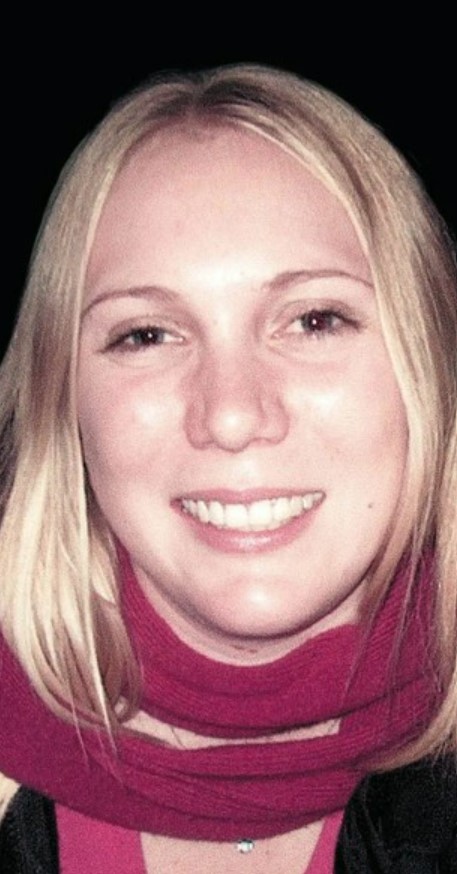
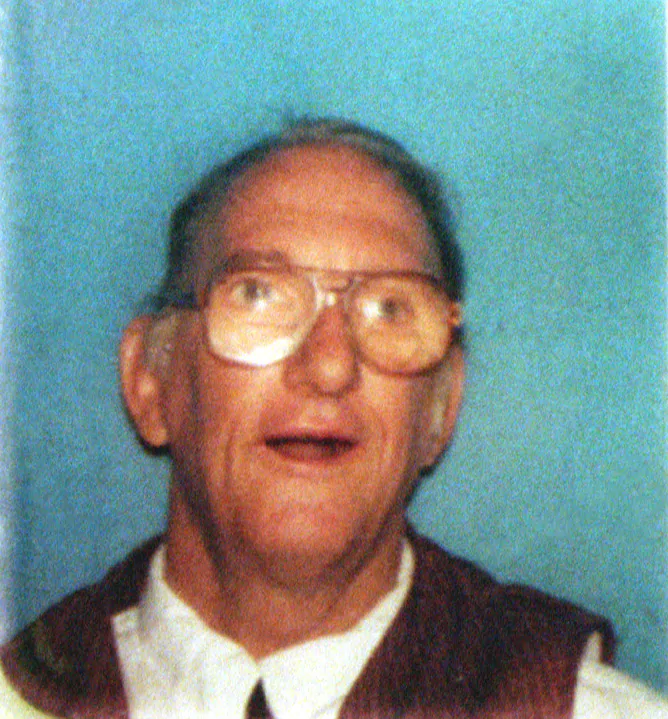
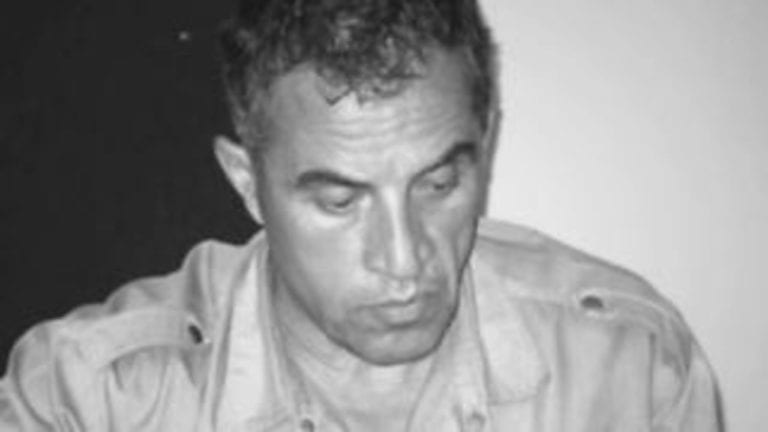
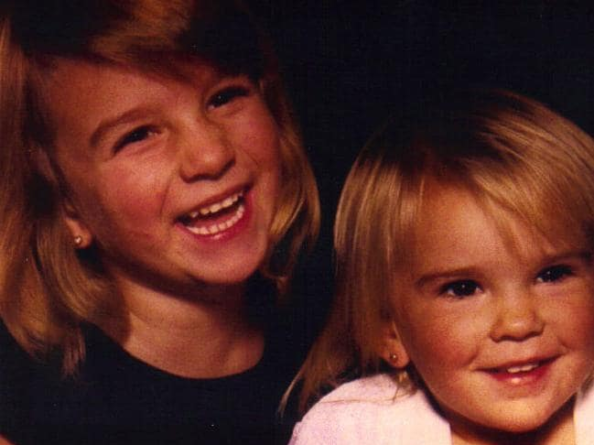


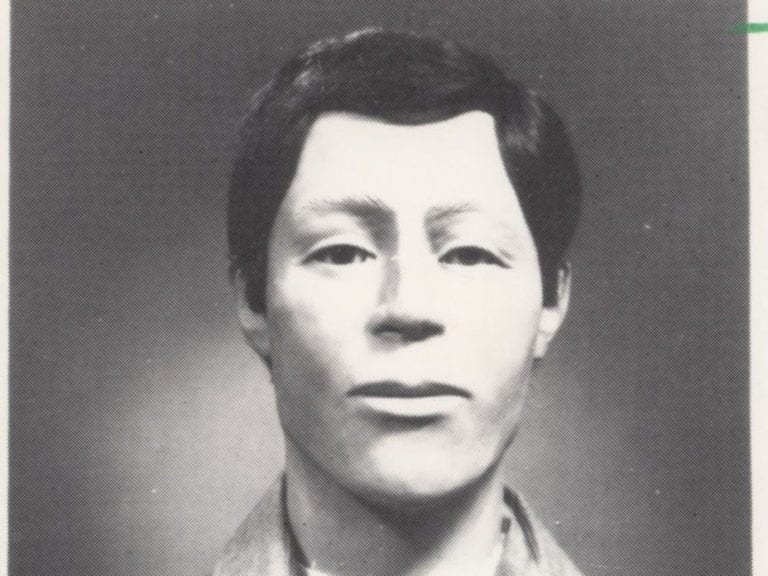
Comments:
Sick fuck